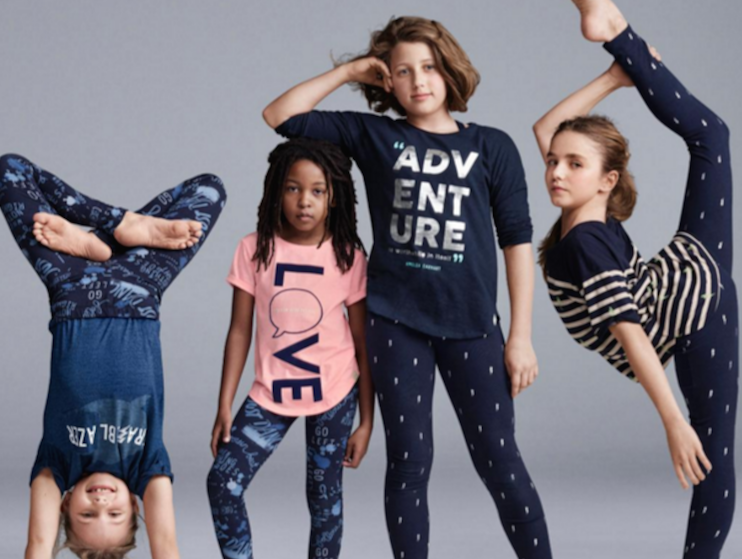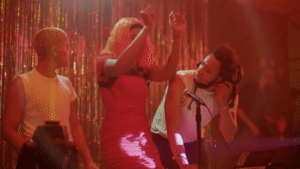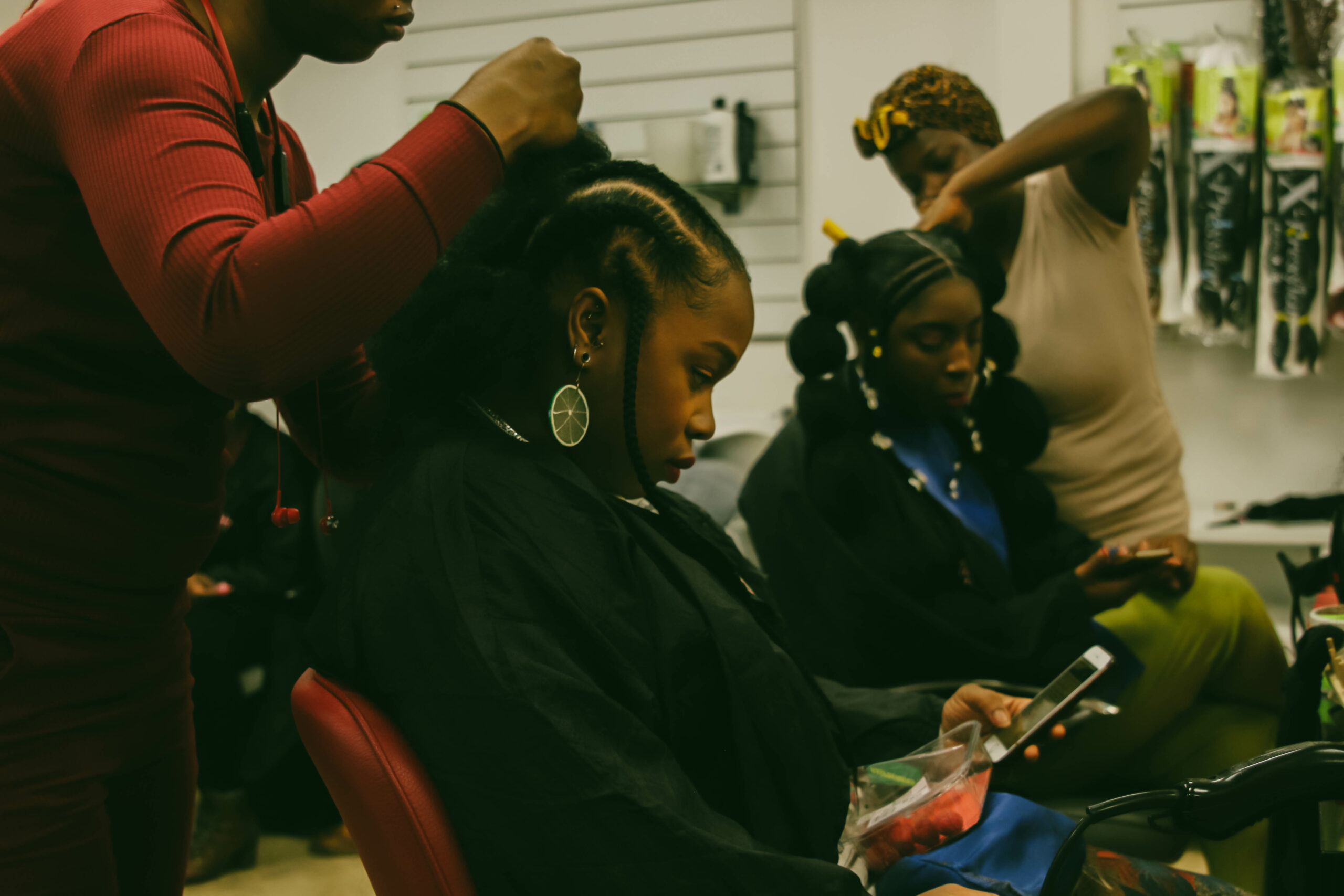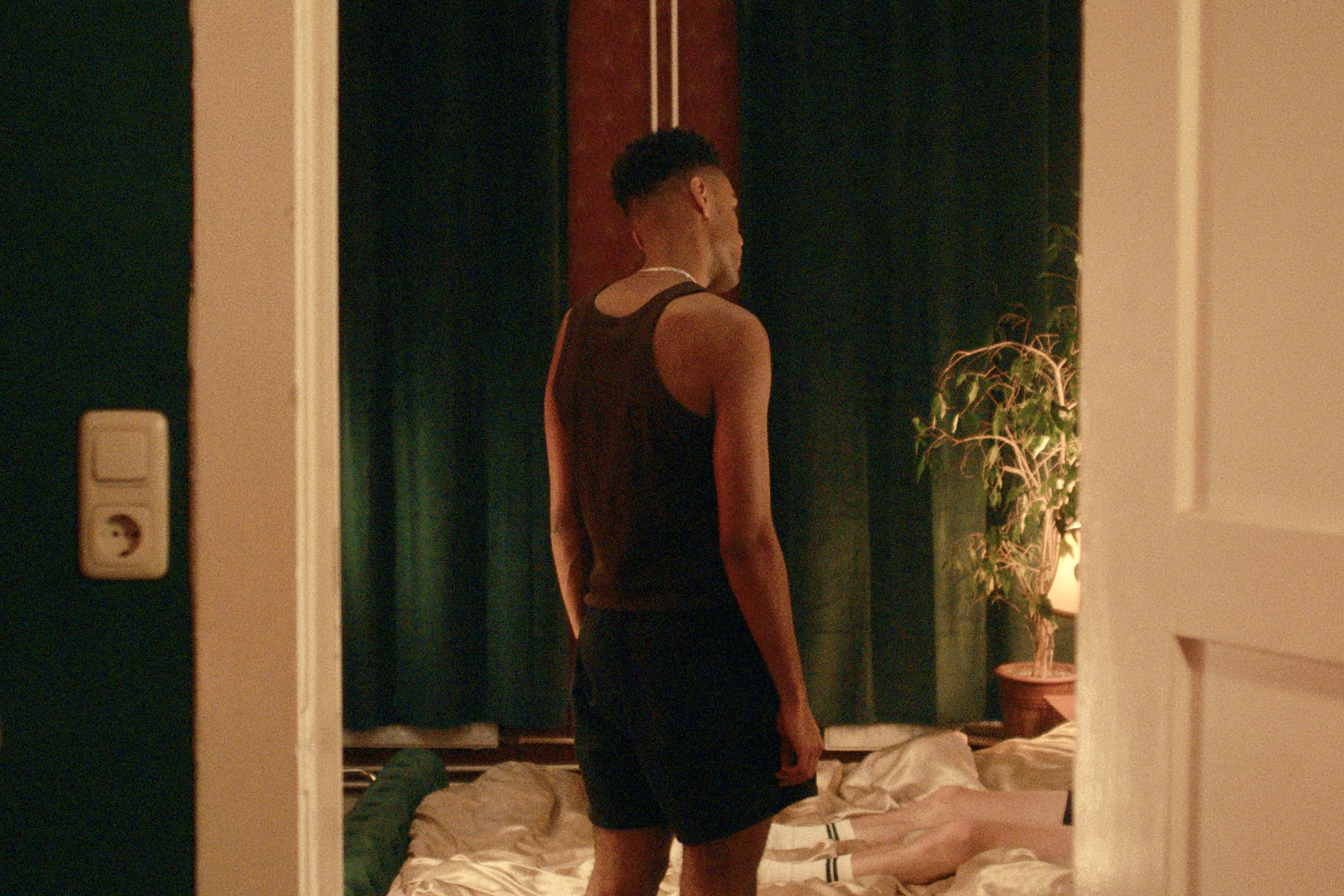
During my formative years growing up in the suburbs or Nottinghamshire, I never really thought of my race to be anything of issue. I had a strong group of friends, I was never bullied, and I always did well in school. However, looking back on it I can think of a number of instances that were internalised by my younger and less self-assured self, which caused or exacerbated many problems with my confidence.
Unlike other cities such as London or Birmingham, the leafy county of Nottinghamshire wasn’t so much a cultural melting pot. To see other people who looked like me, with my wide nose and afro hair, I’d have to travel into town to the inner-city neighbourhoods. Living my entire life in white spaces, I had never truly experienced black companionship other than my immediate family, or when we made the exciting journey down to London to see extended family members.
In Nottinghamshire I didn’t have anybody I could relate to. I always felt different. My blackness was rarely something I was made to feel uncomfortable about or a basis to maliciously single me out for, but I could always see that it did make some people uncomfortable or unsure about how to interact with me.
We were the first black family to move into the distinctly middle class area. The community was pretty tight knit; we knew everybody and everybody knew us. My siblings and I had at least one common experience, which resulted in our teachers thinking that if they knew one of us, they knew all of us. Many of our teachers would paint us with the same, stereotypical brush: they assumed we’d be good at sports, loud-mouthed, mischievous and that we “all looked the same”. I’d often be told at parent’s evenings “you’re not as outspoken as X was when I taught them!”
I would absolutely dread the summer months at school because I’d often be used as a benchmark for the subject of tanning. As if the brownness of my skin something to aspire by my white peers. My arm would be grabbed and shoved next to theirs to compare melanin levels and an unnerving social media status’ many would proclaim how “black” they’d gotten after spending dangerous amounts of time spent in the sun wearing little-to-no SPF2. Sure, they were lighthearted comments from people looking for likes, but when you equate my blackness as something laughable, it’s hard to see the humour in it.
One moment that sticks in my mind was when I was 16, my friend’s elderly grandma commenting on how I shouldn’t want to go out in the sun during summer because I was “dark enough”. I couldn’t help re-running the incident over and over again in my mind and the frustration with my friend for justifying her words because she was old and didn’t know any better; aka she was allowed to make racist remarks because of her age.
Incidents like these reminded me of how “other” people can make you feel without even realising. Most people are aware that insulting someone based on their skin colour is unacceptable, yet are unaware that it’s just as damaging to create a situation whereby I am something different or exotic to compare to what they see as standard, or worse, normal.
Something else that’s been touched on a lot (literally) is my hair. “Is that your real hair or is it horse hair?… Errr, you’ve got a dead person’s hair on your head!… Why is it so frizzy?… Why isn’t your hair straight?… Why doesn’t it grow?… Can I touch it?” (that’s if I’m even asked). To this day, there’s nothing that makes me feel more “other” than having to explain my hair to a white person. The subject of hair has been a bone of contention and source of insecurity for many black people – black women especially for a number of reasons so depreciating or trivialising questions probably aren’t the best way to open such discussions.
Despite the growing “natural hair movement” in the black community and the fact that hair relaxer sales have dropped over 25% over the last 5 years, black hair is always under scrutiny. Try Googling “unprofessional hair” or counting the number of students and professionals who have been sent home because their natural hairstyles were unacceptable to understand why some black women feel obliged to straighten their hair in professional environments.
Why did I let a lot of these issues go unchallenged? Why did I not tell people that what they were doing was offensive or making me uncomfortable? Simply because I didn’t want to rock the boat. I didn’t want to flag up the fact that their actions or words were the cause of my discomfort. I hadn’t developed the tools to articulate just why it made me feel the way I did. I just wanted to fit in and be like everyone else.
One thing that made it worse was that I had nobody outside of my family I could share these frustrations with. No black best friend to vent to without judgment or misunderstanding. This companionship is something I couldn’t live without now (shout out to my gals!) and I’m articulate and self-assured enough to question or call someone out on their potentially offensive microaggressions. Having come full circle and moved back to my parents’ stomping ground of London, I feel so happy when I see a crowd full of various shades of brown. Strangely, I think that without these experiences in my earlier years, I would have been less equipped to recognise them now – which can only be a good thing on my journey of self-discovery.










